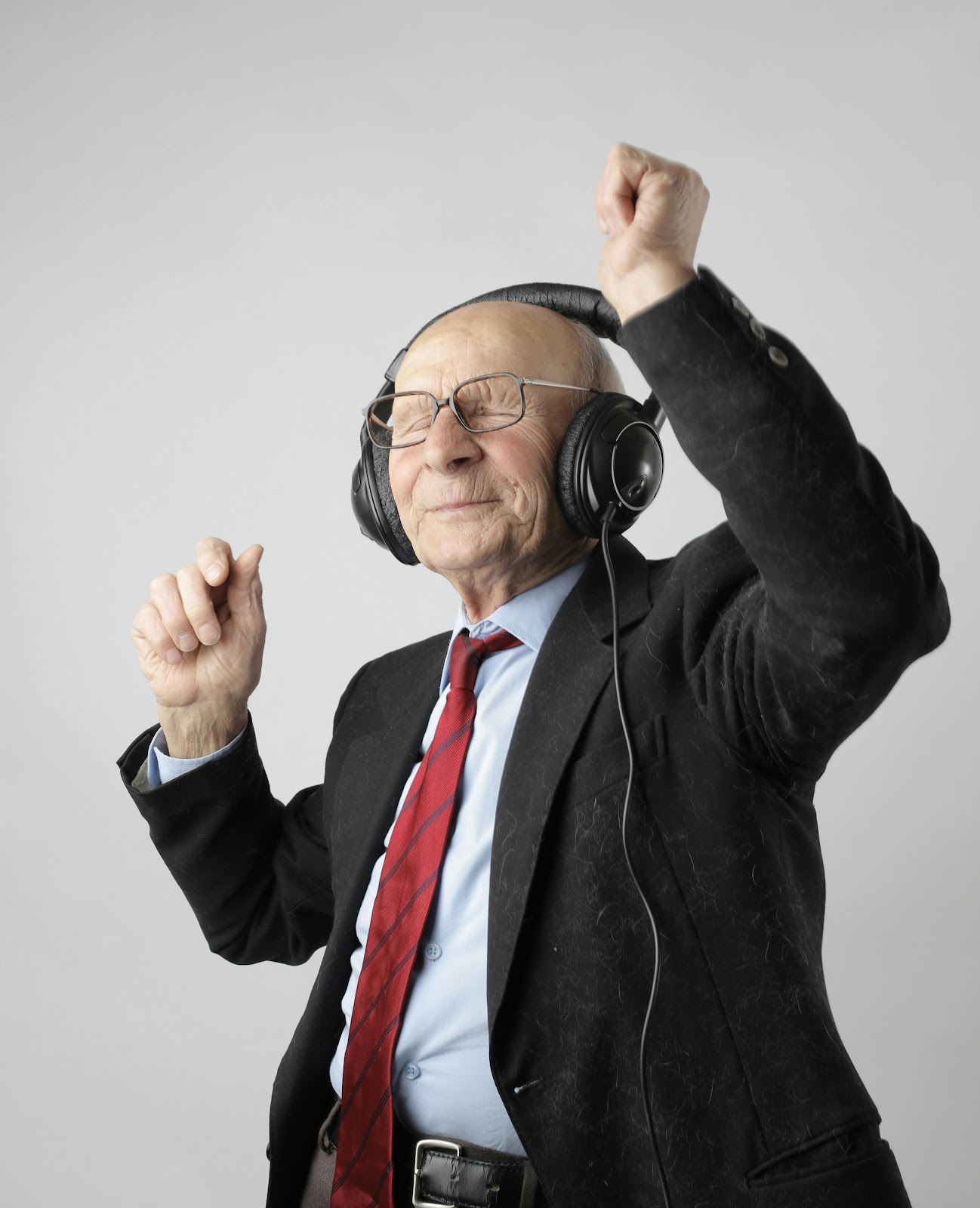A 2012 Johns Hopkins Medicine study found that unaddressed hearing loss greatly increases fall risk. Using information from multiple health surveys, researchers discovered that those with mild to moderate hearing loss were more likely to fall. With full spectrum hearing solutions, the risk of falls is decreased.
The Study’s Findings
· Hearing loss: Older adults with impaired hearing were three times more likely to fall than those with good hearing.
· Cognitive decline: Mild cognitive impairments—and the decreased postural stability that comes with them—further increases fall risk. Hearing loss increases cognitive load, as seniors must focus on deciphering environmental sounds and speech. The additional effort diverts attention from other tasks, such as avoiding obstacles and maintaining balance. When a person’s cognitive resources are overused, falls become frequent.
· Vestibular conditions: When a person experiences vestibular dysfunction or balance issues along with hearing loss, they’re more likely to fall.
Read on to learn how hearing loss and associated conditions increase seniors’ risk of fall-related injuries.
Hearing Loss and Its Effects on Balance and Cognition
· The vestibular or balance system contributes almost 90% of the sensory input needed to remain steady on one’s feet. Hair-shaped cells in the inner ear play a crucial role in the vestibular system’s function, and damage to these cells may reduce their capacity to deliver information. It can also lead to permanent hearing loss.
· Along with hearing loss, many seniors experience health issues that affect sensory functions including warmth, pain, and pressure. These lost somatosensory functions work within the vestibular system, further increasing the risk of falls.
· Hearing loss affects a person’s awareness of their surroundings. In busy, crowded environments, seniors with hearing loss may find it difficult to hear crucial warnings and signals, increasing the risk of accidents and collisions. Diminished situational awareness compromises safety in settings where prompt action is needed to prevent slip-and-fall injuries.
Comprehensive treatment for hearing loss has a significant effect on these impairments. Hearing aids are known to improve cognitive function and balance, and research suggests that those with hearing aids have better balance when using the devices than when they go without.







No comments
Thank you for dropping by! I would love to hear what you thought. :)
Thanks!
♥,
Diana